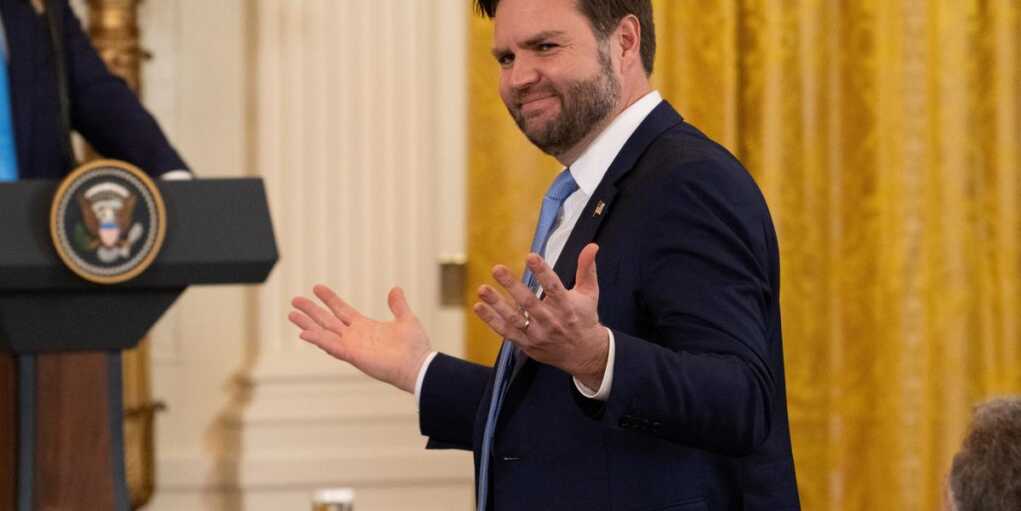Vance Drops Hint on Shifting Russia Talks

Appearing on NBC’s Meet the Press, Vice President JD Vance said that Russia has made “significant concessions” in negotiations with President Donald Trump, raising hopes that the three-and-a-half-year war in Ukraine may finally be inching toward resolution.
Vance explained that for the first time since the invasion began, Moscow has softened on demands once seen as non-negotiable. While he stressed the talks remain difficult and incomplete, he underscored that Russia has acknowledged limits to what it can impose on Ukraine.
“The Russians have made significant concessions to President Trump for the first time in three and a half years of this conflict,” Vance said. “They’ve been willing to be flexible on some of their core demands. They’ve talked about what would be necessary to end the war.”
Pressed on whether this signals true commitment from Vladimir Putin, Vance said Russia has recognized that Ukraine will retain territorial integrity after the war and that Kyiv will not be reduced to a Moscow-controlled puppet state. He also noted that Russia has accepted the concept of some form of international security guarantee for Ukraine—an acknowledgment that its original war aims have collapsed under the pressure of Trump’s diplomacy.
“Have they made every concession? Of course, they haven’t,” Vance admitted. “But we’re making progress. And what I admire about the president in this moment is that he’s focusing on the present, on what the parties agree and disagree on, to stop the killing.”
Still, skepticism lingers. Just days ago, Russia rejected a Trump-backed ceasefire proposal and targeted an American factory in Ukraine, a move that underscored how fragile the moment remains. Critics warn that such attacks show Moscow is not yet prepared to embrace peace in full.
Vance brushed aside doubts, saying that wars of this scale inevitably progress in fits and starts. “There are hills and valleys to the negotiation,” he explained. “We sometimes feel like we’ve made great progress with the Russians, and sometimes the president has been very frustrated with them. But we’re going to keep doing what we have to do to bring this to a close.”
The concessions Vance described, however limited, represent a striking departure from Russia’s original demands. Early in the war, Putin insisted on regime change in Kyiv and the permanent annexation of swaths of Ukrainian territory. Now, by conceding on those points, Russia appears to be conceding that its ambitions have been checked.
For Trump, who has thrown himself personally into the talks, the moment offers validation of his aggressive diplomatic push. By engaging both Putin and Ukrainian President Volodymyr Zelensky, the president has sought to use American leverage to force both sides toward common ground.
The stakes remain enormous. A successful peace deal would not only end years of bloodshed but also reshape global security alignments. For Trump and Vance, the breakthrough would also serve as proof that their approach—direct, forceful, and unapologetically America First—can succeed where others failed.
While no final deal is yet on the table, Vance’s remarks suggest the ground beneath this long war is finally shifting. The question now is whether Moscow’s concessions signal the beginning of the end—or just another pause in a brutal stalemate.

